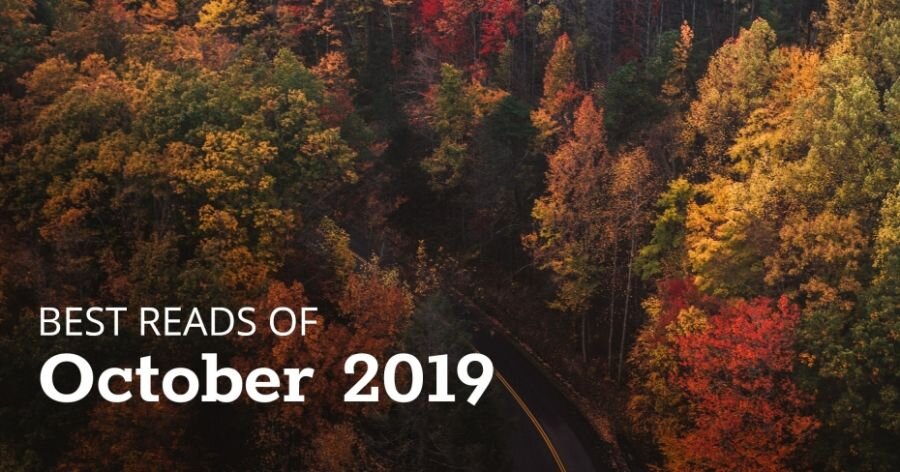These are the best personal finance reads from October 2019
By: Lisa Coxon on October 31, 2019
Because October has long been considered the spookiest month of the year, it’s appropriate that as it comes to a close, we reminisce about some of the scariest financial facts out there.
And perhaps the most frightening fact about money — and one that can never be touched on enough — is that so many people are struggling to have enough of it. And within the ever-widening gap between the wealthy and the poor, there’s plenty of space for all kinds of stories to be told and all kinds of reflections to be made.
To encourage this kind of contemplation, we’ve rounded up stories that will make you think twice about privilege and money. Stories where those in a financially or professionally superior position reflect on their privilege, and one where a reporter takes a hard look at why we love to hear wealthy people confess that they, too, are just barely getting by.
I worked at Capital One for five years. This is how we justified piling debt on poor customers, via The New Republic

In this searing tell-all about the way credit companies think and operate, D.C.-based writer Elena Botella reflects on her time working at lending behemoth Capital One.
Botella parses no words as she describes the lies she would have to tell herself in order to justify the “predatory lending” that she was a part of, as someone who worked in the subprime department selling secured credit cards to people who had terrible credit.
“The real question, of course, isn’t whether a credit card with a 27 percent interest rate and a $39 late fee is better than a payday loan,” Botella writes. “It’s whether Capital One’s marketing campaigns push people into debt who would have otherwise avoided it… Because the ugly truth is that subprime credit is all about profiting from other people’s misery.”
I’m part of the 0.1% and I want a wealth tax, via The Walrus

In this story, writer Meghan Bell — the daughter of a very rich family (think private island, sports cars, a speedboat, and annual vacations) — makes the case for why people like her parents should be hit with a wealth tax.
“I wish I could claim that, on average, the wealthiest in society are thoughtful, compassionate, and generous when it comes to their money, but my experience has been the opposite,” she writes.
Throughout the piece, she explores the links between capitalism and narcissism; as well as between affluent children and depression, anxiety, and substance abuse. “I don’t expect 0.1 percenters or their children to have sudden changes of heart,” she writes. “When you are the child of ‘winners,’ it is difficult to choose what feels like losing.”
$350,000 a year, and just getting by, via The Atlantic

In this piece, Annie Lowrey explores the explosion of the “financial confessional” — or, in other words, “budgets that go viral,” which we know are among some of the most hate-read articles on the internet today.
Lowrey’s referring to those magnetic stories where readers catch a glimpse into the life of a couple earning $500,000 a year, but say they’re barely scraping by.
“Making one-percenter money often means living in a place such as New York; Washington, D.C.; Seattle; Boston; or the Bay Area, and thus often means shelling out tens of thousands of dollars a year on a mortgage, rent, child care, and other necessities,” Lowrey writes.
And it’s this geographic inequality, coupled with income inequality, that has wealthy people feeling like their spending habits are perfectly normal — but that they’re struggling, too.


